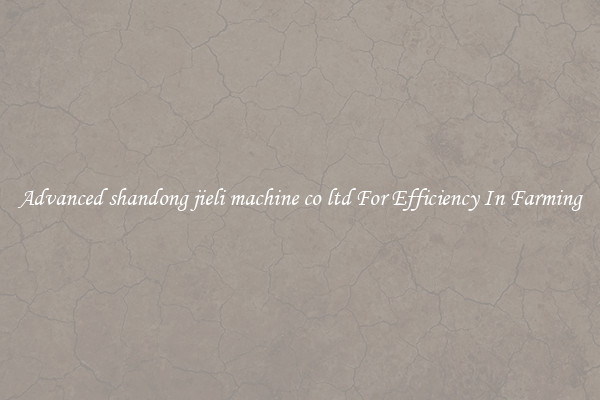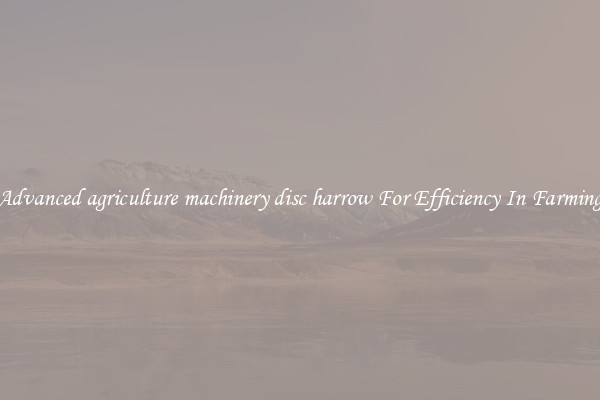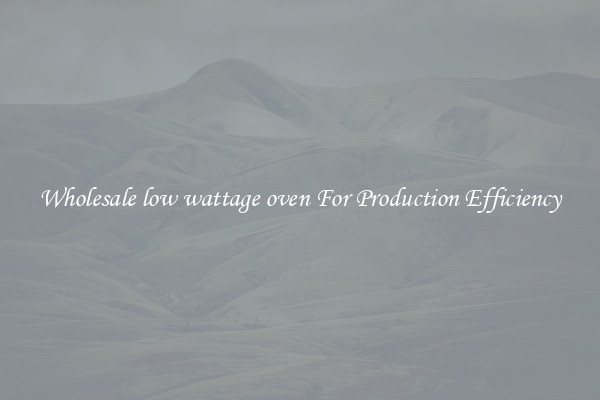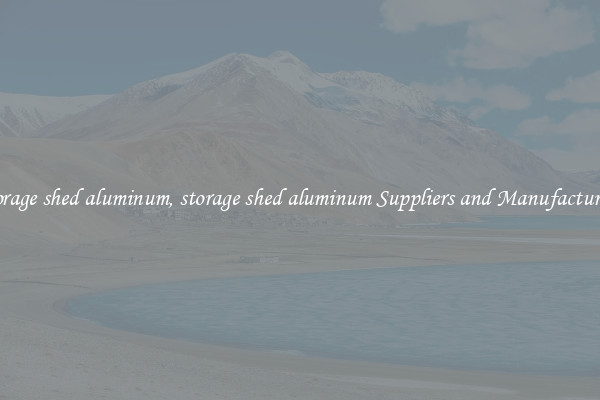Advanced cultivating machine For Efficiency In Farming
Advanced cultivating machines have revolutionized the farming industry, offering unprecedented efficiency, productivity, and profitability for farmers worldwide. These cutting-edge machines incorporate the latest technological advancements to streamline various farming processes, providing substantial benefits to farmers and the overall agricultural sector.

One key advantage of advanced cultivating machines is their ability to increase efficiency. These machines are equipped with intelligent systems that automate several farming tasks, reducing the need for manual labor. For instance, automated seeding machines can precisely distribute seeds at optimal intervals, ensuring uniform crop growth and reducing seed waste. Similarly, automated fertilization systems can apply fertilizers in appropriate quantities, eliminating the risk of over or undersupply.
Furthermore, advanced cultivating machines leverage precise data collection capabilities, allowing farmers to make informed decisions based on real-time information. These machines are equipped with sensors and advanced GPS systems that can monitor soil moisture, nutrient levels, and crop development. By providing accurate and timely data, farmers can adjust irrigation and fertilization schedules, optimizing resource usage and minimizing waste.
The incorporation of machine learning algorithms and artificial intelligence enhances the efficiency of advanced cultivating machines even further. These intelligent machines can analyze vast amounts of data, predict patterns, and make autonomous decisions, ensuring optimal farming practices. For example, using historical weather data, these machines can adjust irrigation systems to match the specific needs of crops and reduce water consumption significantly.
Another notable advantage of advanced cultivating machines is their ability to reduce labor costs. With declining labor availability in many regions, these machines offer a viable solution to mitigate the labor shortage. The automation of tasks like plowing, seeding, and harvesting eliminates the need for manual labor, allowing farmers to focus on higher-value activities such as crop management and marketing.
Moreover, advanced cultivating machines contribute to sustainable farming practices. By optimizing resource usage and reducing waste, these machines help minimize environmental impact. For example, precision fertilizer applicators can reduce excess fertilizer runoff, preventing water pollution. Furthermore, by automating tasks, these machines can reduce fuel consumption and greenhouse gas emissions, making farming practices more ecologically responsible.
In conclusion, advanced cultivating machines have transformed the farming industry, revolutionizing productivity, efficiency, and profitability. With their automation capabilities, data-driven decision-making, and intelligent features, these machines offer farmers greater precision, reduced labor costs, and enhanced sustainability. As agricultural production becomes increasingly critical in the face of a growing population and dwindling resources, investing in advanced cultivating machines will be essential to meet the demands of the future.

View details

View details

View details

View details








